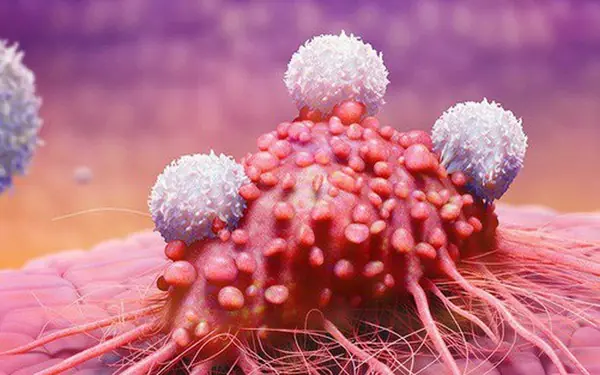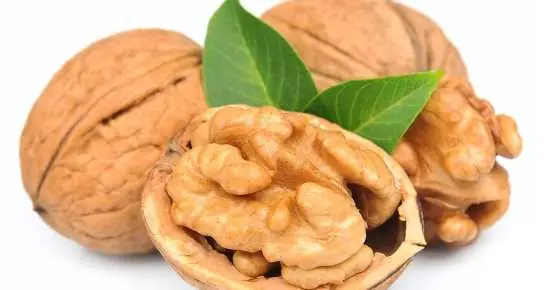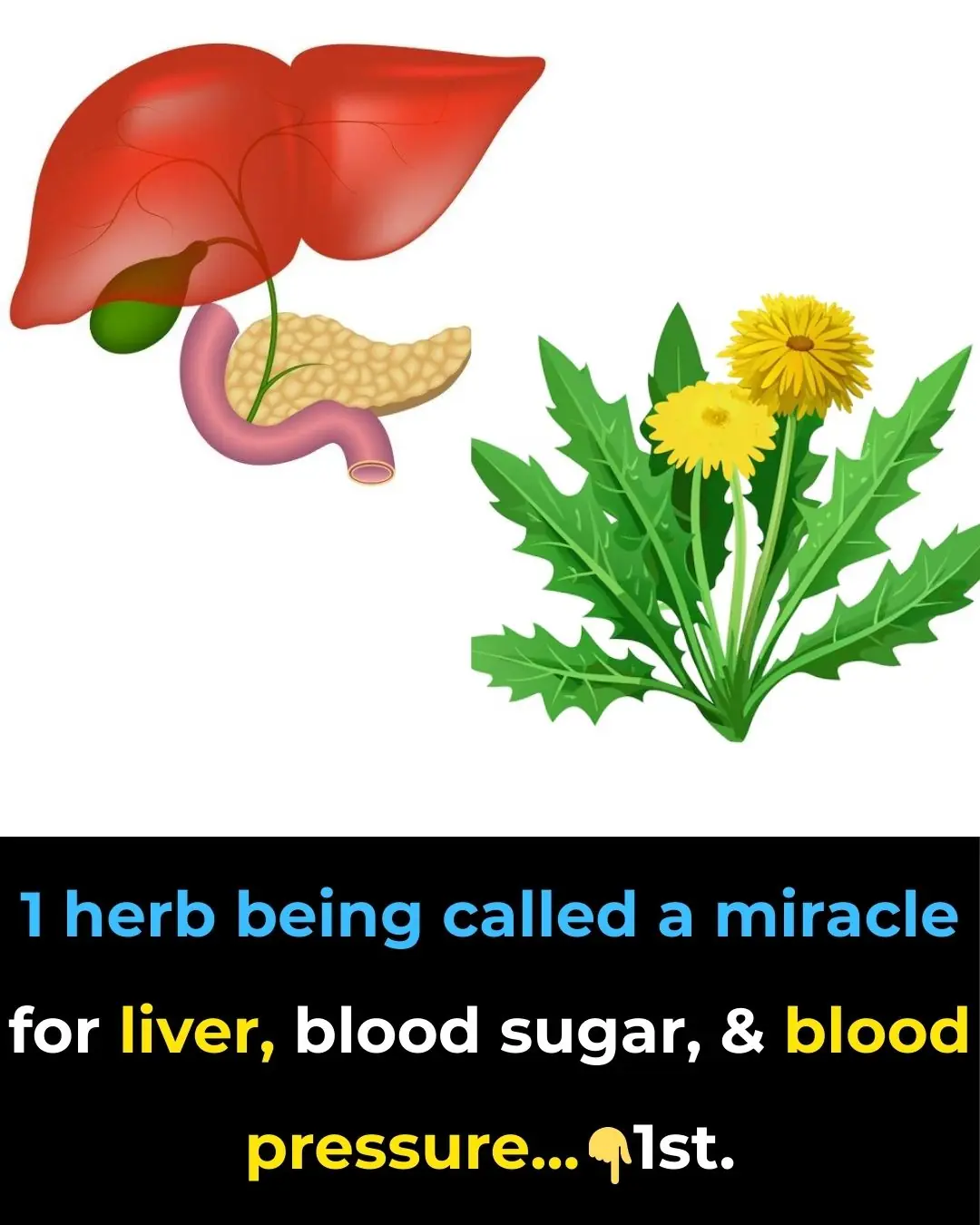
8 Foods High in Inulin to Eat for Better Gut Health
🌱 Inulin-Rich Foods That Boost Gut Health and More
Inulin is a type of soluble fiber found in many plants. It acts as a prebiotic, meaning it feeds the beneficial bacteria in your gut, helping to maintain a healthy digestive system. While inulin is sometimes added to processed foods, the best way to get it is through whole, natural ingredients.
Adding inulin-rich foods to your diet can improve digestion, regulate blood sugar, enhance mineral absorption, and even support weight management. Here's a breakdown of the top sources of inulin and how they benefit your health.
🥬 1. Chicory Root – 41.6g per 100g
Chicory root tops the list with the highest inulin content. Often used as a coffee substitute, it’s also great in salads or roasted as a side dish. Its bitter taste can be mellowed by soaking or cooking.
Extra Tip: Chicory root also contains polyphenols, which have antioxidant properties that may help reduce inflammation and support liver health.
🌻 2. Jerusalem Artichokes – 18g per 100g
Also known as sunchokes, these nutty-flavored tubers are delicious raw or cooked. They’re rich in iron, copper, and vitamin B1, making them a nutritional powerhouse.
Expanded Insight: Sunchokes are also high in potassium, which helps regulate blood pressure and supports muscle function.
🌿 3. Dandelion Greens – 13.5g per 100g
Often overlooked as a weed, dandelion greens are packed with inulin and vitamins A, C, and K. They’re best soaked and boiled to reduce bitterness.
Bonus Benefit: Dandelion greens support liver detoxification and may help reduce water retention.
🧄 4. Garlic – 12.5g per 100g
Garlic is a flavorful way to boost inulin intake. It also contains manganese, selenium, and vitamin B6.
Extra Note: Garlic’s sulfur compounds have antimicrobial effects and may help lower cholesterol and blood pressure.
🧅 5. Leeks – 6.5g per 100g
Leeks offer a mild, sweet flavor and are rich in vitamin K, copper, and iron. They need thorough cleaning due to soil trapped in their layers.
Expanded Tip: Leeks also contain kaempferol, a flavonoid that may protect blood vessels and reduce inflammation.
🥦 6. Asparagus – 2.5g per 100g
Though lower in inulin, asparagus is loaded with vitamins B1, B2, K, and E, plus minerals like zinc and magnesium.
Extra Insight: Asparagus contains glutathione, a powerful antioxidant that supports immune function and detoxification.
🌾 7. Wheat Bran – 2.5g per 100g
Wheat bran is the outer layer of the grain and is rich in B vitamins and antioxidants. It’s great in cereals, baked goods, or as a breadcrumb substitute.
Bonus Tip: Wheat bran also helps regulate bowel movements and may reduce the risk of colon cancer.
🍌 8. Bananas – 0.5g per 100g
While not the richest source of inulin, bananas still contribute to gut health and provide potassium and vitamin C.
Expanded Insight: Slightly underripe bananas contain more resistant starch, which acts similarly to inulin in feeding gut bacteria.
⚠️ Side Effects and How to Use Inulin Wisely
Suddenly increasing inulin intake can cause bloating, gas, or stomach discomfort—especially for people with IBS. To avoid this:
-
Introduce inulin-rich foods gradually.
-
Drink plenty of water.
-
Pair with probiotic foods like yogurt or kefir for enhanced gut support.
✅ Final Thoughts
Inulin is a powerful fiber that supports digestive health, appetite control, and nutrient absorption. By incorporating foods like chicory root, garlic, and dandelion greens into your meals, you can nourish your gut and improve overall wellness.
News in the same category


If You See Someone with Prominent Green Veins, Make Sure to Tell Them This – It Could Save Their Life

How to Safely Remove Super Glue (502) from Your Skin Without Tearing It

3 Unusual Signs in the Neck That Could Be Symptoms of Cancer – Don’t Ignore Them!

Consciousness Is Not Confined to the Brain, But Is Connected To The Whole Universe, Scientists Say

Study Finds People With ADHD Listen to Music Differently—Here’s How

Can I Get My Metabolism Back After Stopping Lexapro and Prozac?

Proven Health Benefits and Uses of Thyme and Thyme Tea

Proven Health Benefits of Walnuts, How Many to Eat, and More (Science Based)

How Can Europe Reduce Heat Deaths Amid Rising Temperatures?

SARS-CoV-2 Infection Tied to Early Vascular Aging

These Foods Cause Insomnia

How To Get Rid of Phlegm And Mucus

Most people eat these 7 meats daily — here’s why you shouldn’t

1 herb being called a miracle for liver, blood sugar, and blood pressure

Dr. Nick Norwitz Eats Over 700 Eggs in a Month to See What Happens

Elon Musk unveils new AI project that could recreate Microsoft’s entire business operations

Do Not Ignore These 10 Warning Signs That Your Kidneys May Be In Danger

If Your Body Suddenly Jerks While Falling Asleep, This Is What It Means
News Post

White Tongue …What It Means and What You Can Do About It

Why Liver Cancer Is Often Detected Late – Important Warning Signs You Shouldn’t Ignore

Tips for Selecting High-Quality Eggs

If You See Someone with Prominent Green Veins, Make Sure to Tell Them This – It Could Save Their Life

How to Safely Remove Super Glue (502) from Your Skin Without Tearing It

The Mystery of the Milk Bottle Dent

Think Twice Before Putting Parchment Paper in the Oven

3 Unusual Signs in the Neck That Could Be Symptoms of Cancer – Don’t Ignore Them!

Consciousness Is Not Confined to the Brain, But Is Connected To The Whole Universe, Scientists Say

Study Finds People With ADHD Listen to Music Differently—Here’s How

Dubai Princess Who Divorced Husband on Instagram Now Engaged to Rapper French Montana
In a twist that has stunned royal watchers and the entertainment world alike, Dubai’s Princess Sheikha Mahra—who publicly divorced her husband via Instagram—has reportedly become engaged to Moroccan-American rapper French Montana. The news comes jus

Military sleep method is 96% successful and will send you to sleep in two minutes
Struggling to sleep? A viral “military sleep method” promises to send you into slumber in just two minutes. With a 96% success rate, it’s being hailed as a game-changer for insomniacs and restless minds alike.

Exactly what happens to your body if you contract chikungunya virus as China enforces 'forceful pandemic measures
Just as the world is still grappling with the lingering effects of COVID-19, a new viral threat has emerged. China is now battling a fast-growing chikungunya outbreak, enforcing strict pandemic-style measures to contain the mosquito-borne disease.

Man contracted life-threatening infection and almost lost an arm after sleeping in bed with his dog
What started as a harmless night sharing a bed with his pet turned into a nightmare. An Australian man contracted a rare, life-threatening bacterial infection after his dog accidentally bit him in his sleep, leaving him close to death and with lasting hea

Google issues warning to billions of Gmail users amid dangerous new scam
Billions of Gmail users are being warned of a dangerous new wave of cyberattacks. Google has confirmed that a notorious hacker group is actively exploiting a massive data breach to infiltrate accounts and extort victims.

Billionaire shares plan for $20 million sub voyage to Titanic site to prove industry is safer after OceanGate disaster
One year after the Titan sub disaster claimed five lives, a billionaire is betting $20 million on a daring new voyage to the Titanic wreck. His mission: prove to the world that deep-sea exploration can be safe.

Masterful Painting Of Jesus By 8-Year-Old—Says She Saw The True Face Of Jesus
At just eight years old, Akiane Kramarik stunned the world by painting what she believed was the true face of Jesus. After being lost, hidden, and nearly forgotten for 16 years, her masterpiece “Prince of Peace” has finally returned to the light—alo

Urgent warning issued to travelers as China takes ‘covid measures’ after reporting 7,000 cases of Chikungunya virus
Following guidance from the World Health Organization, China is focusing on mosquito control as the most effective method to prevent further spread.

US man accidentally buys entire street for $5,000 after thinking he was purchasing vacant lot
An Ohio man thought he had struck a bargain at a county auction. But his dream investment quickly spiraled into a nightmare when he discovered he now owned an entire street by mistake.
